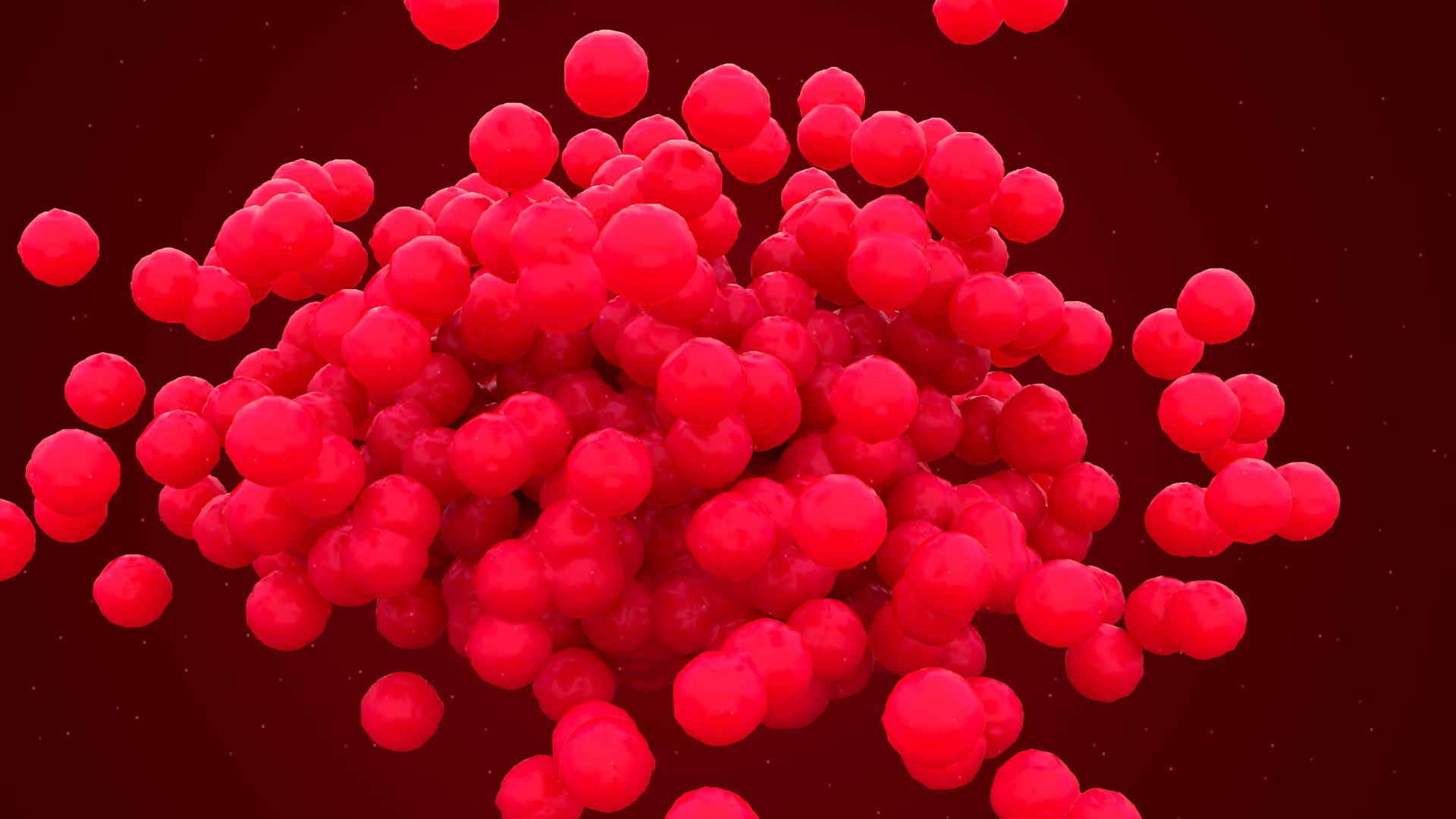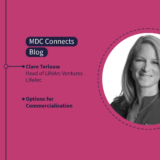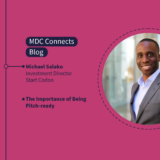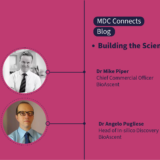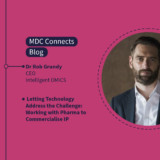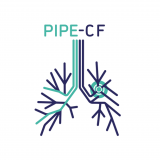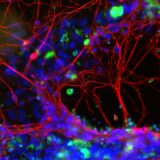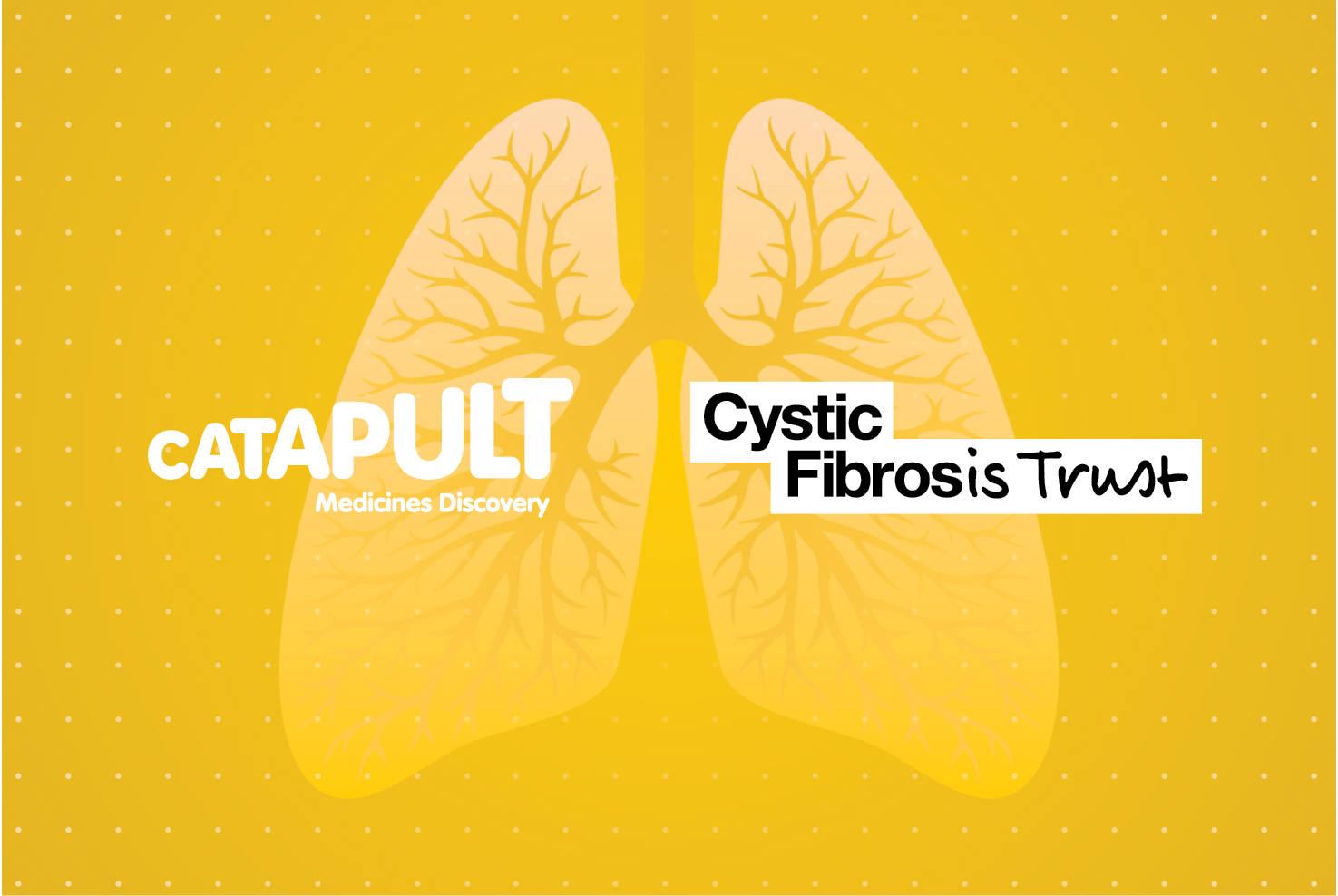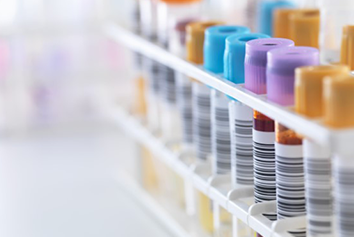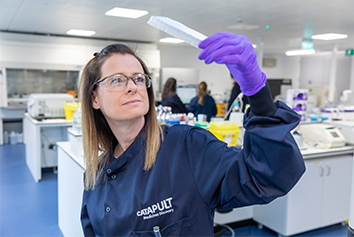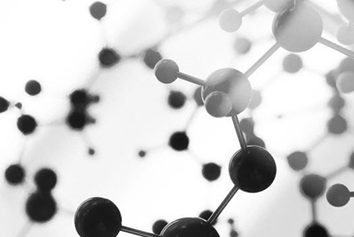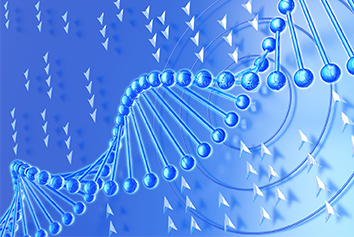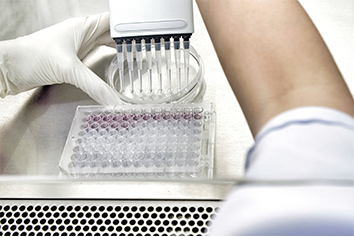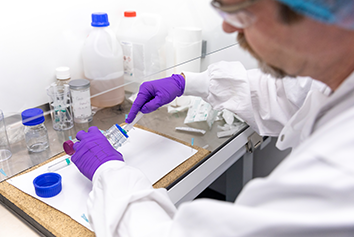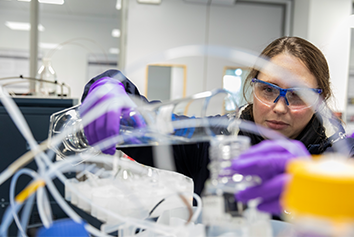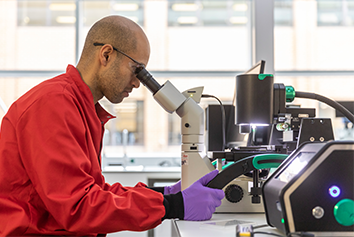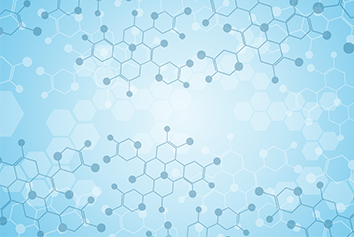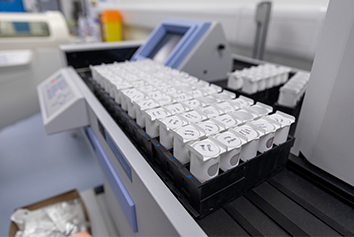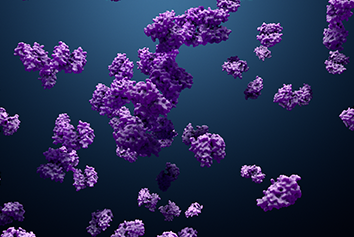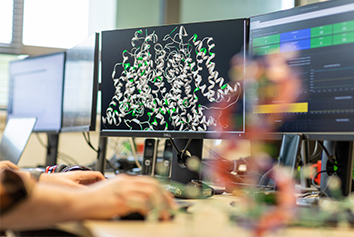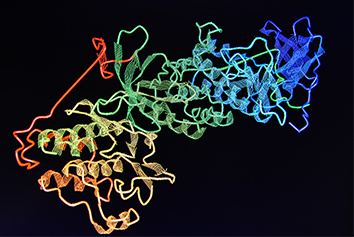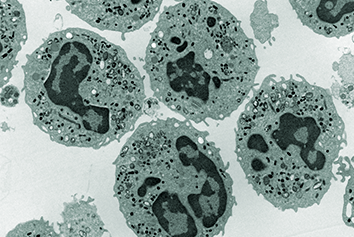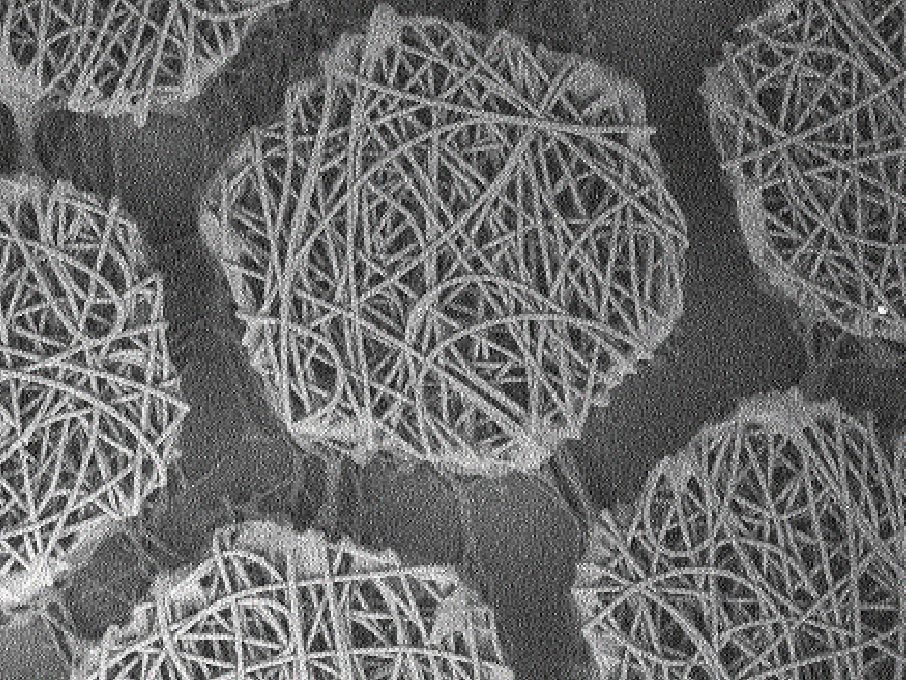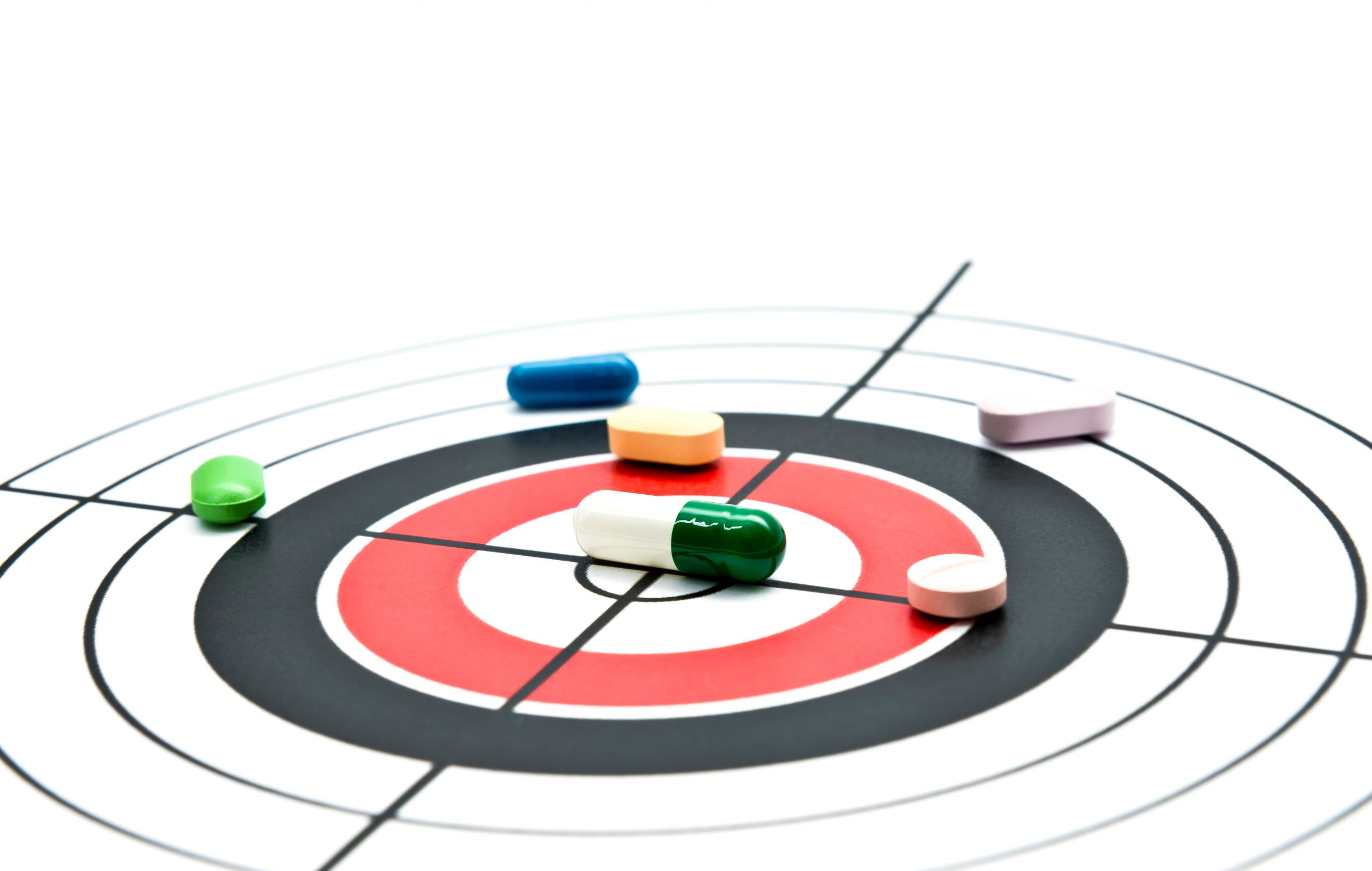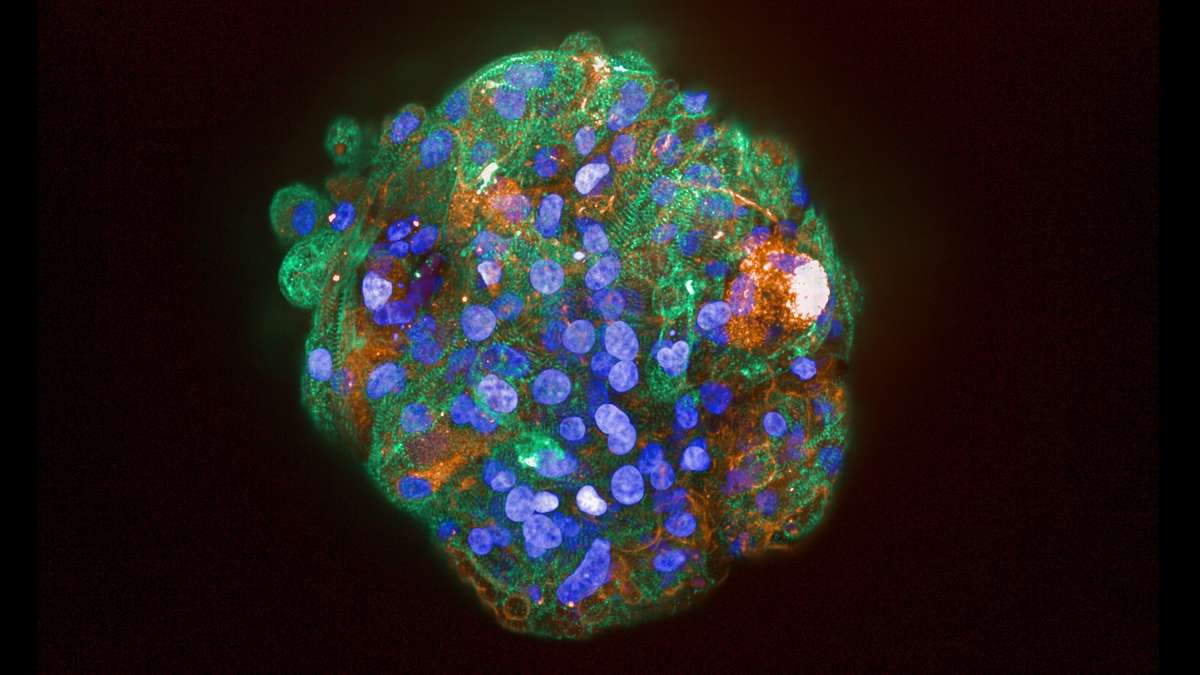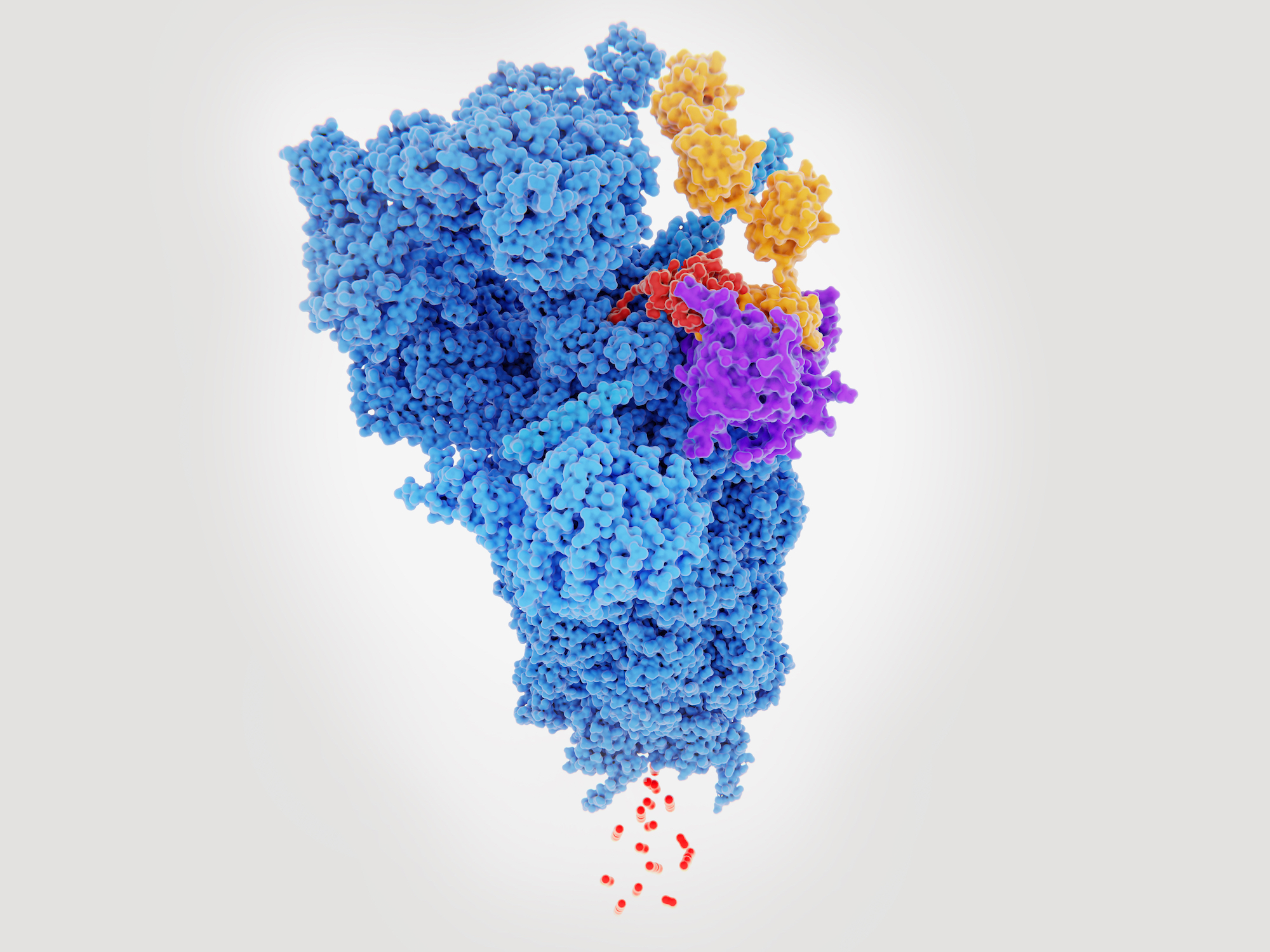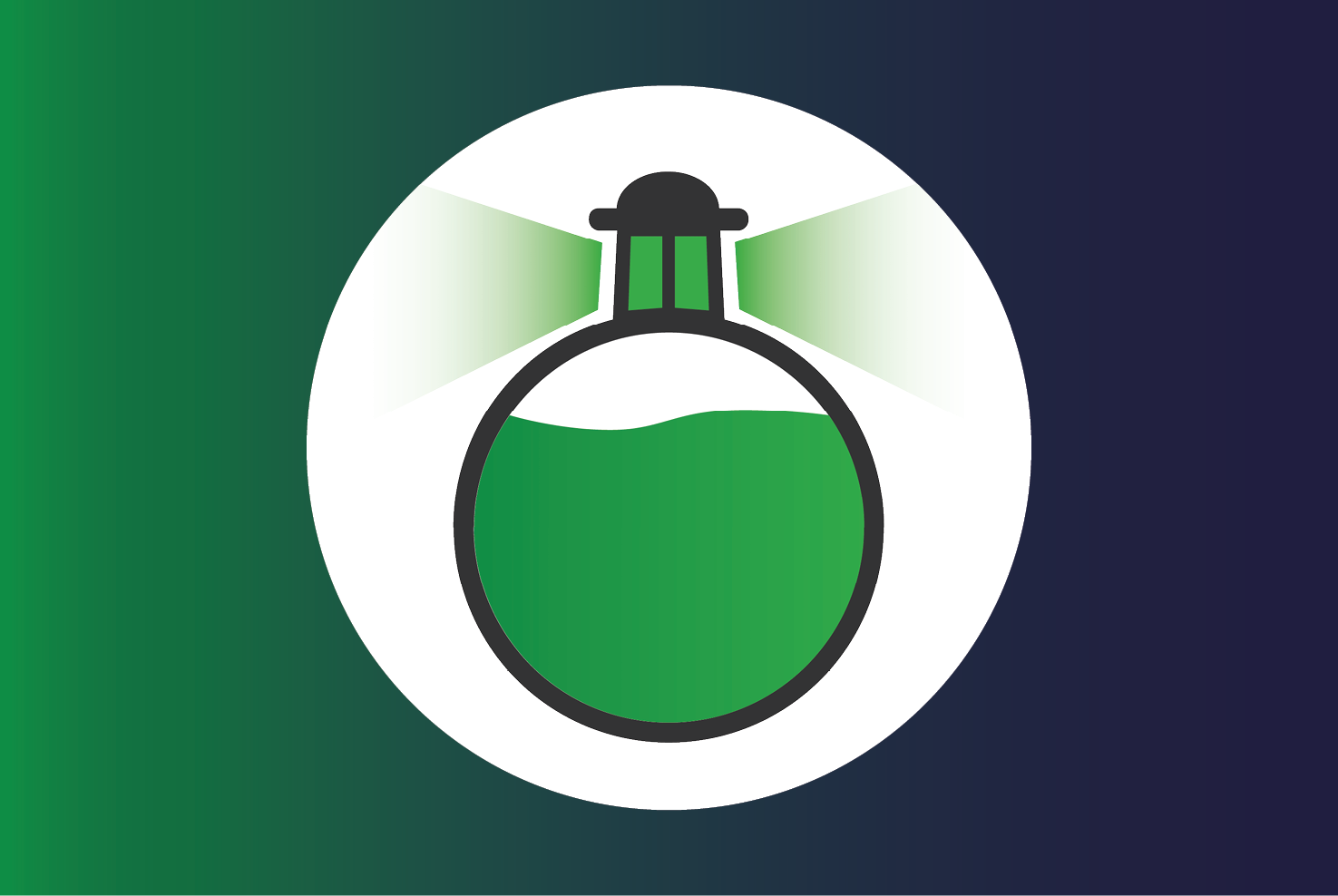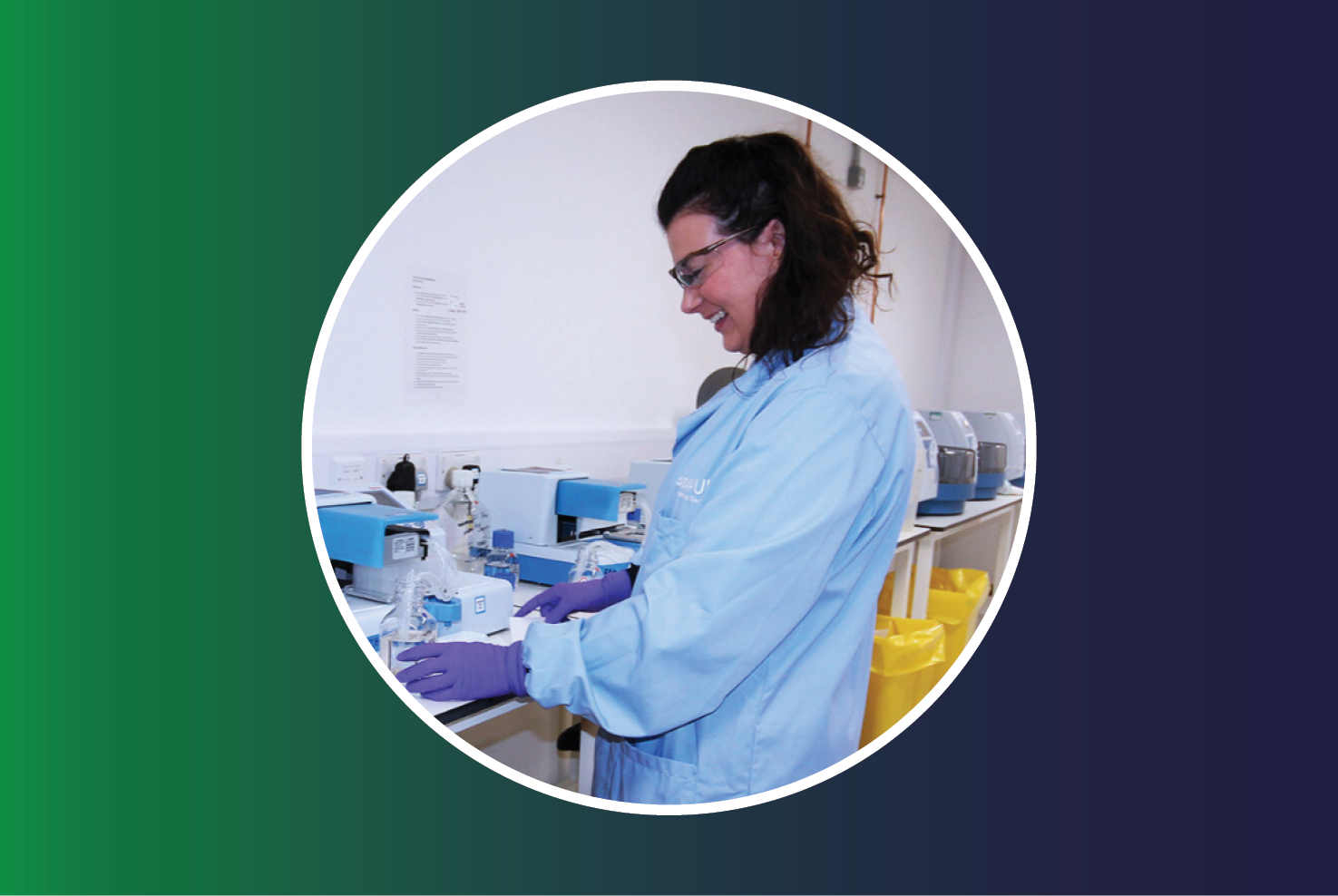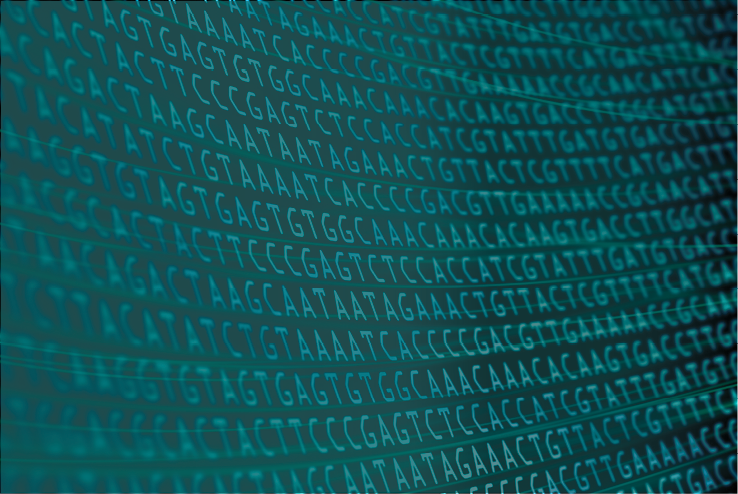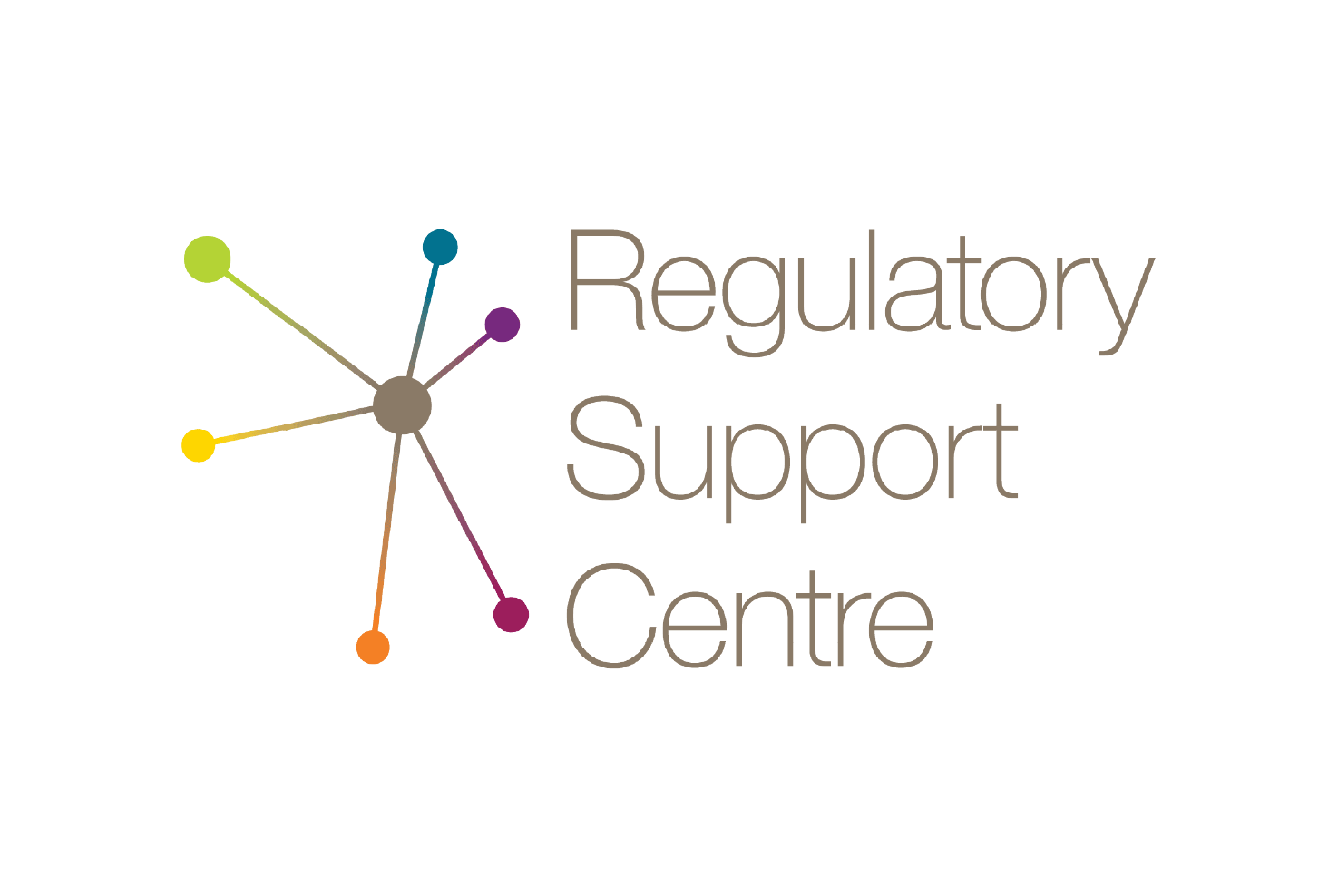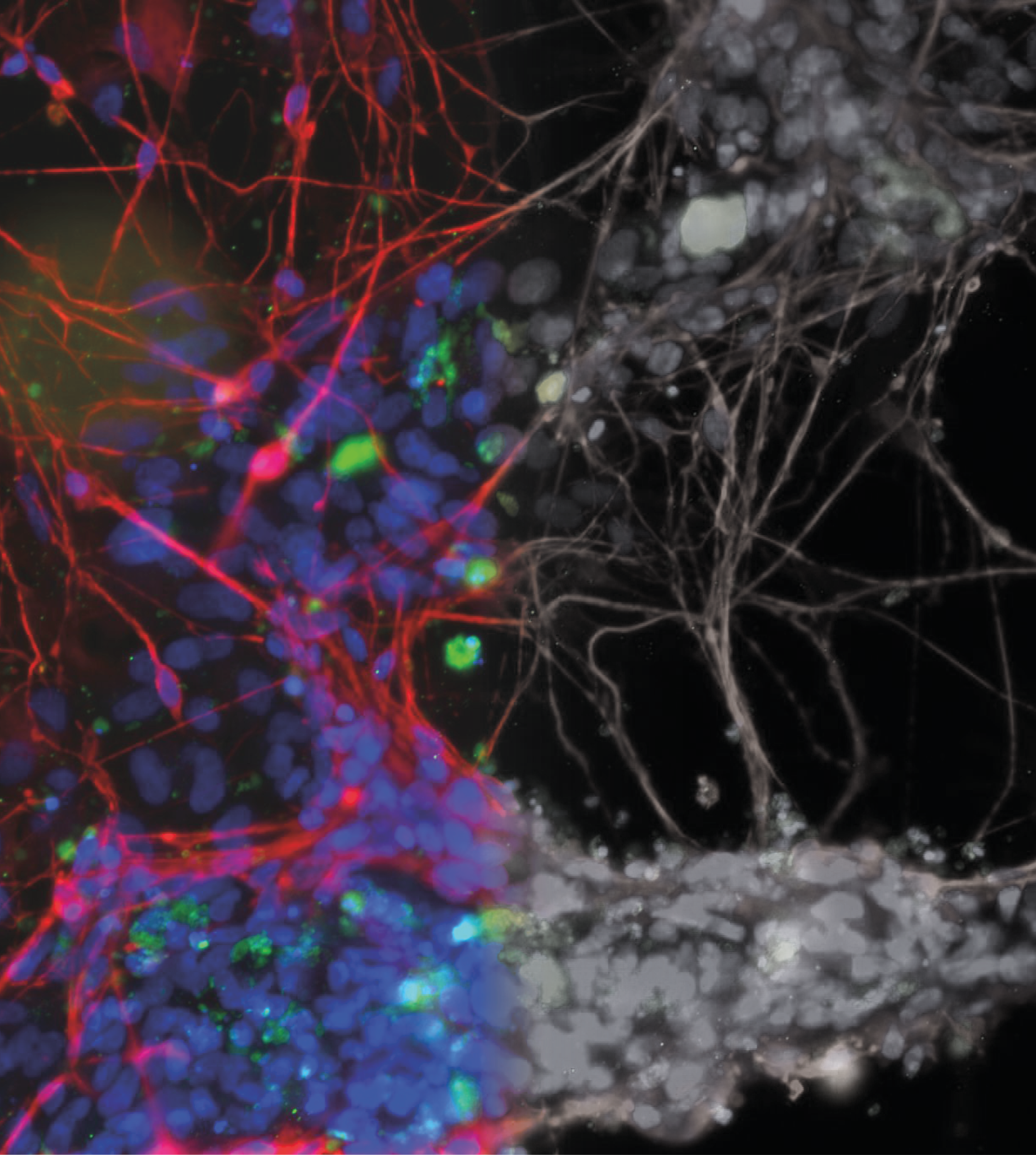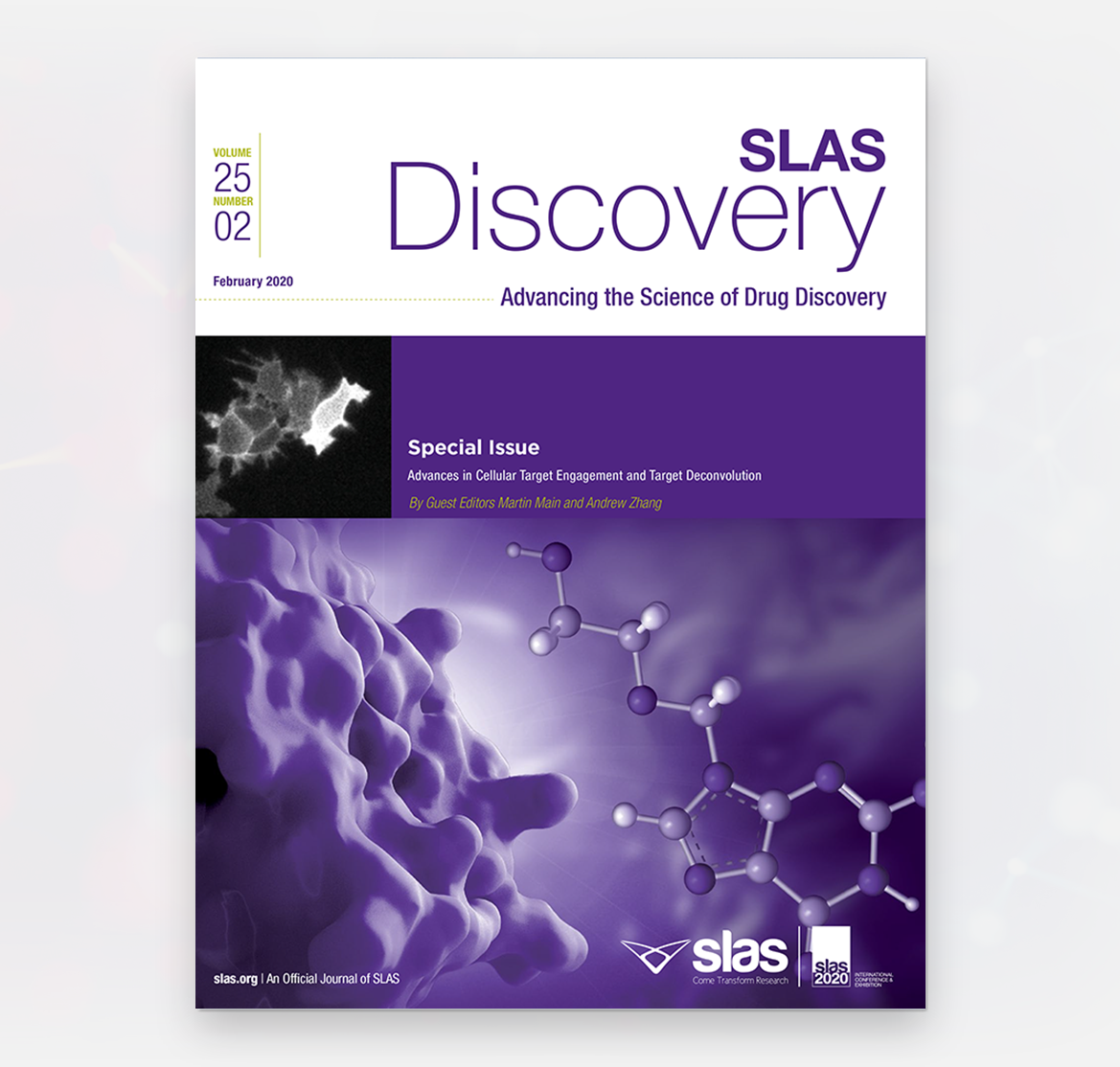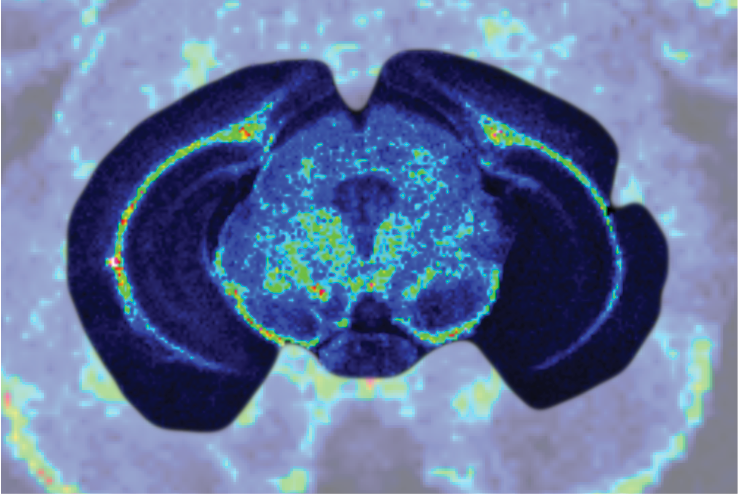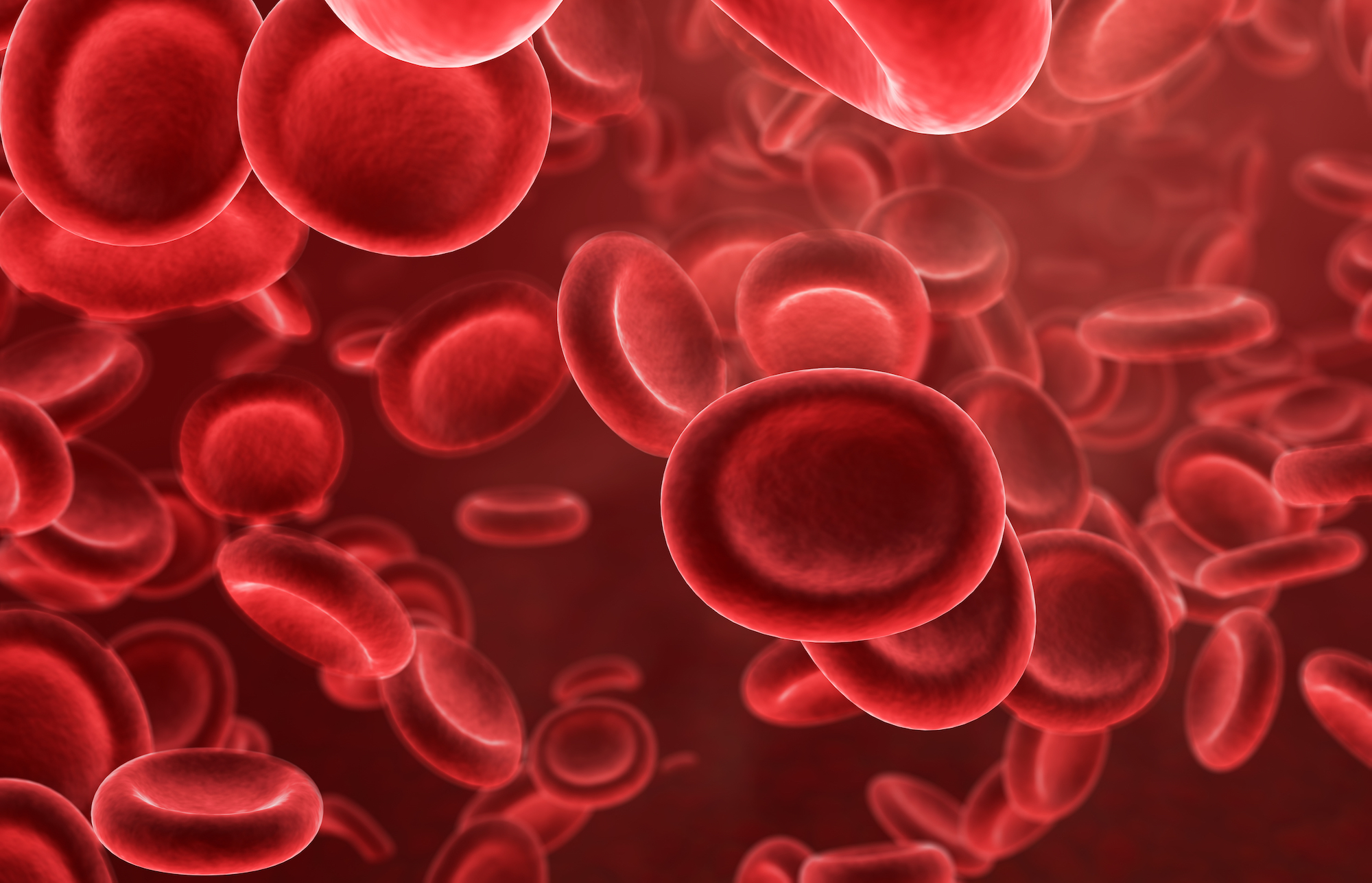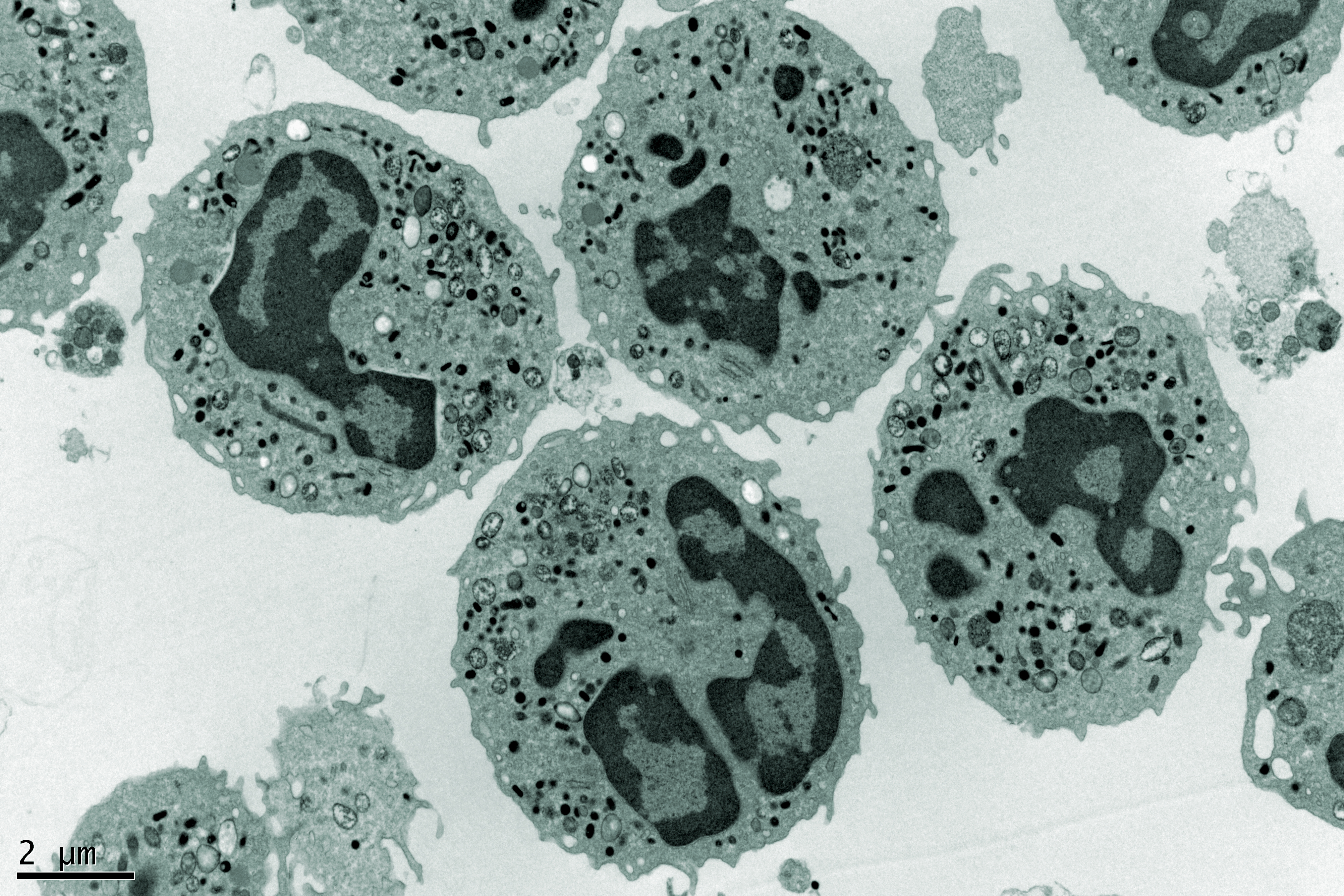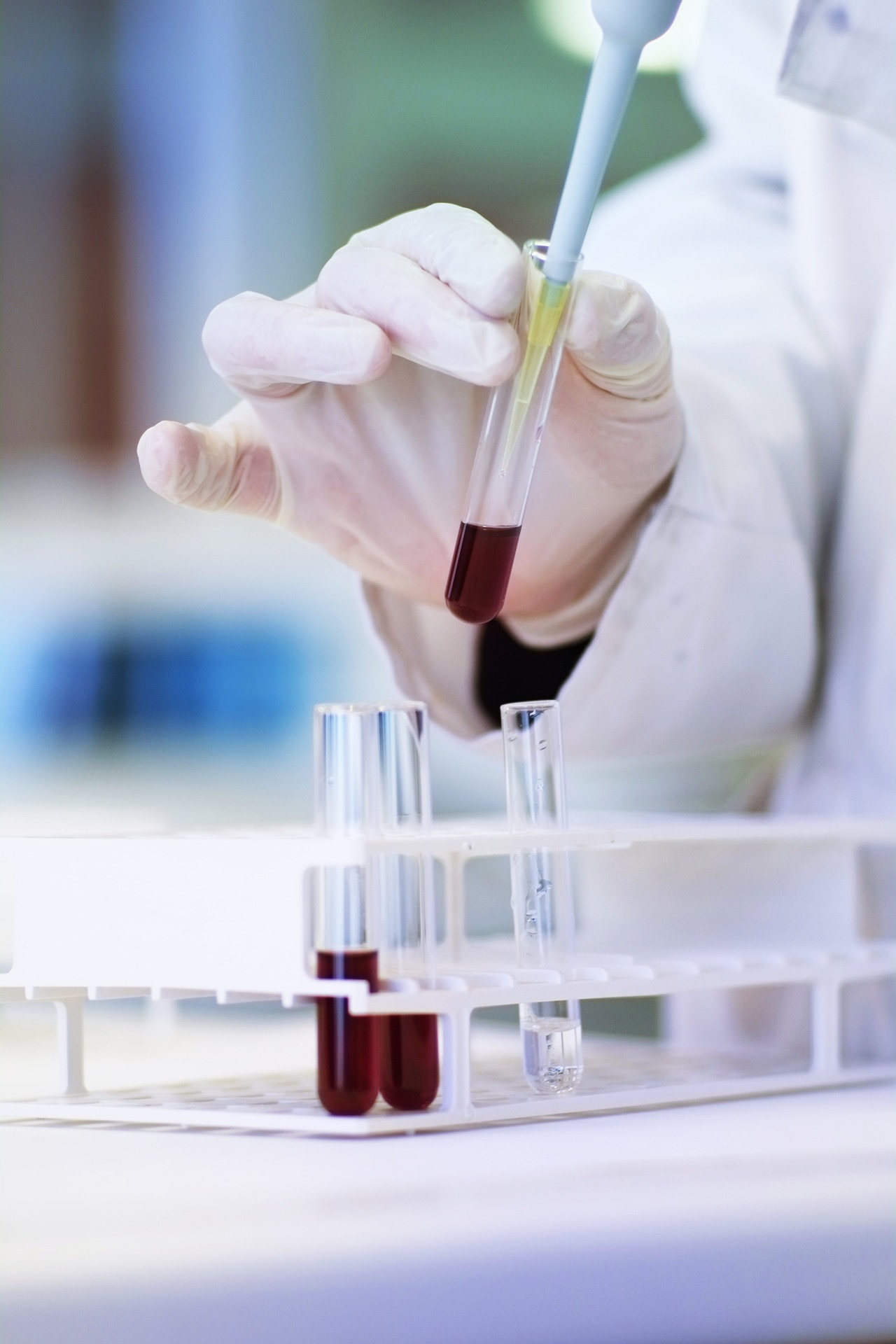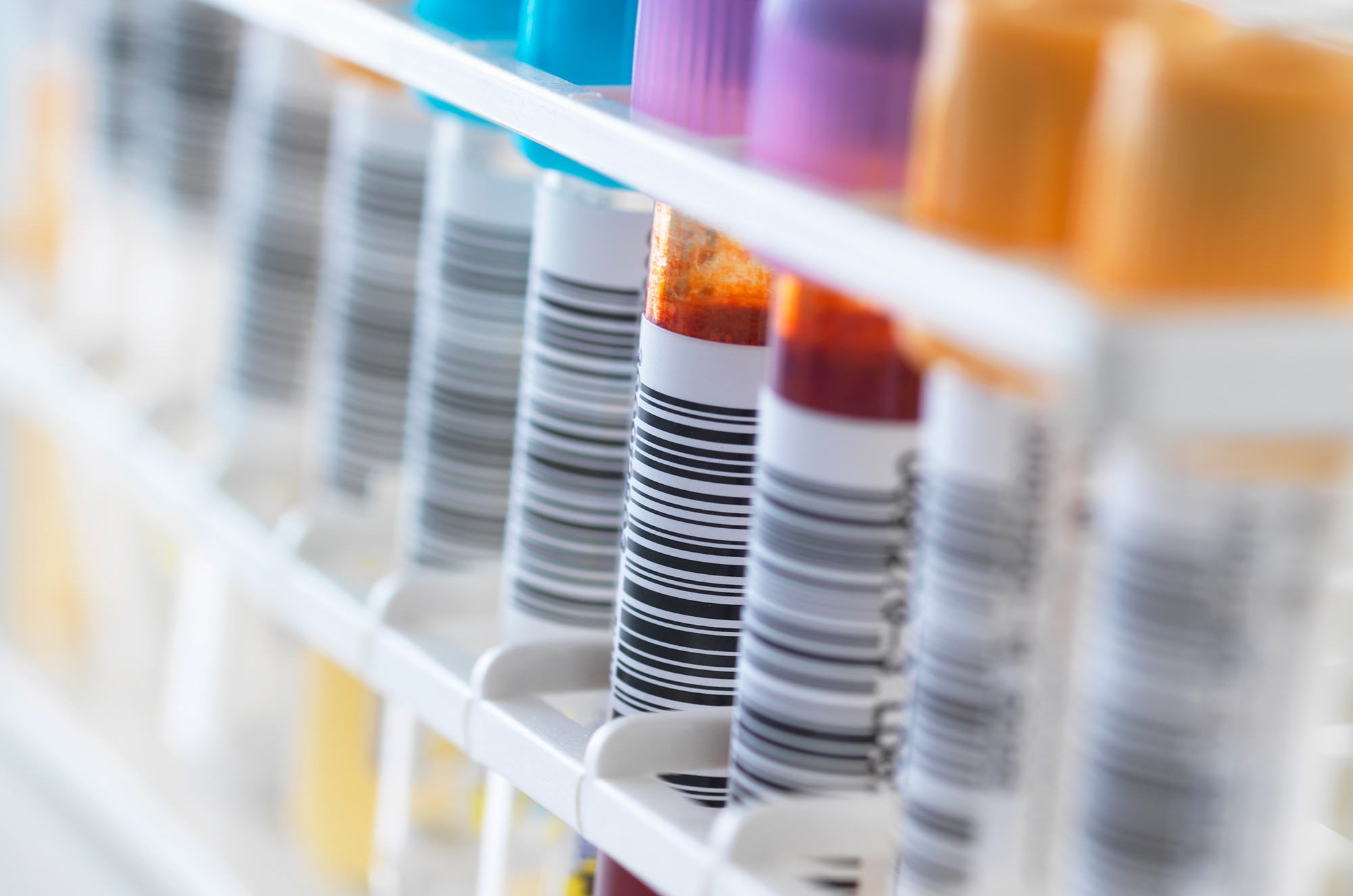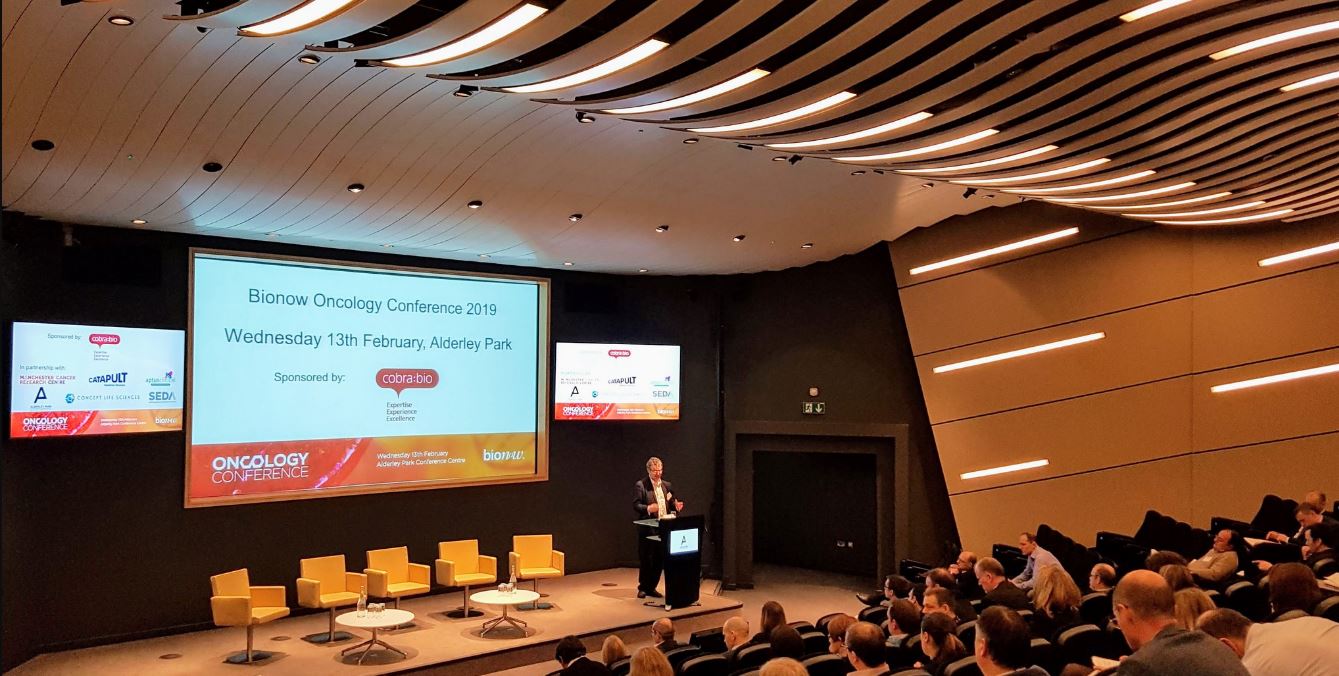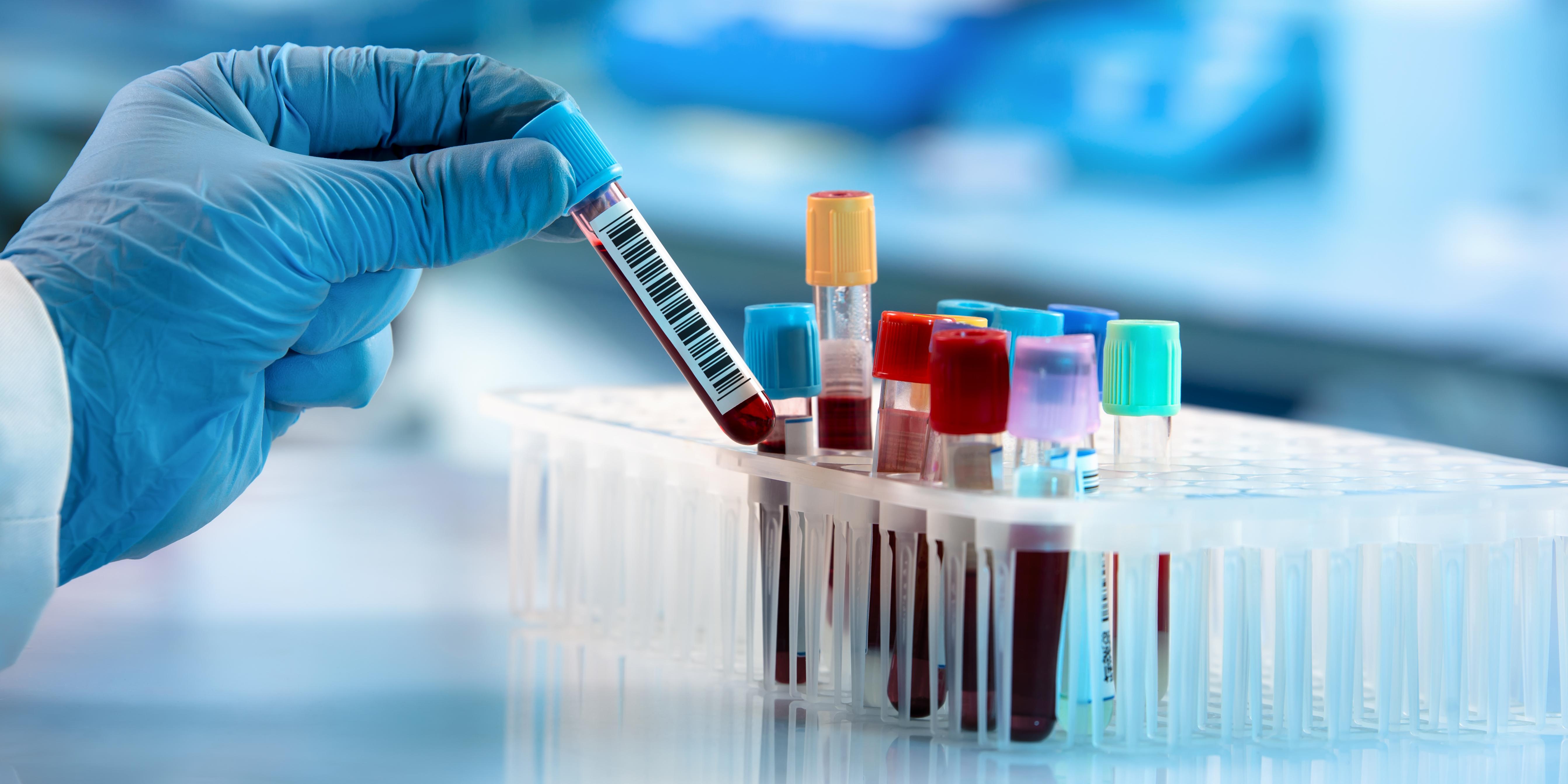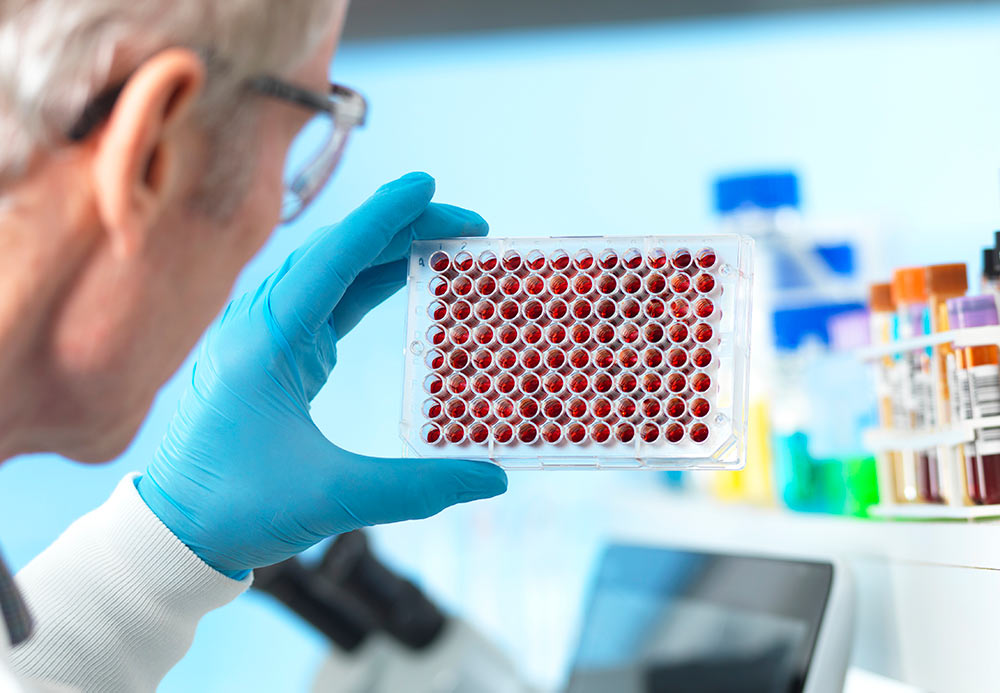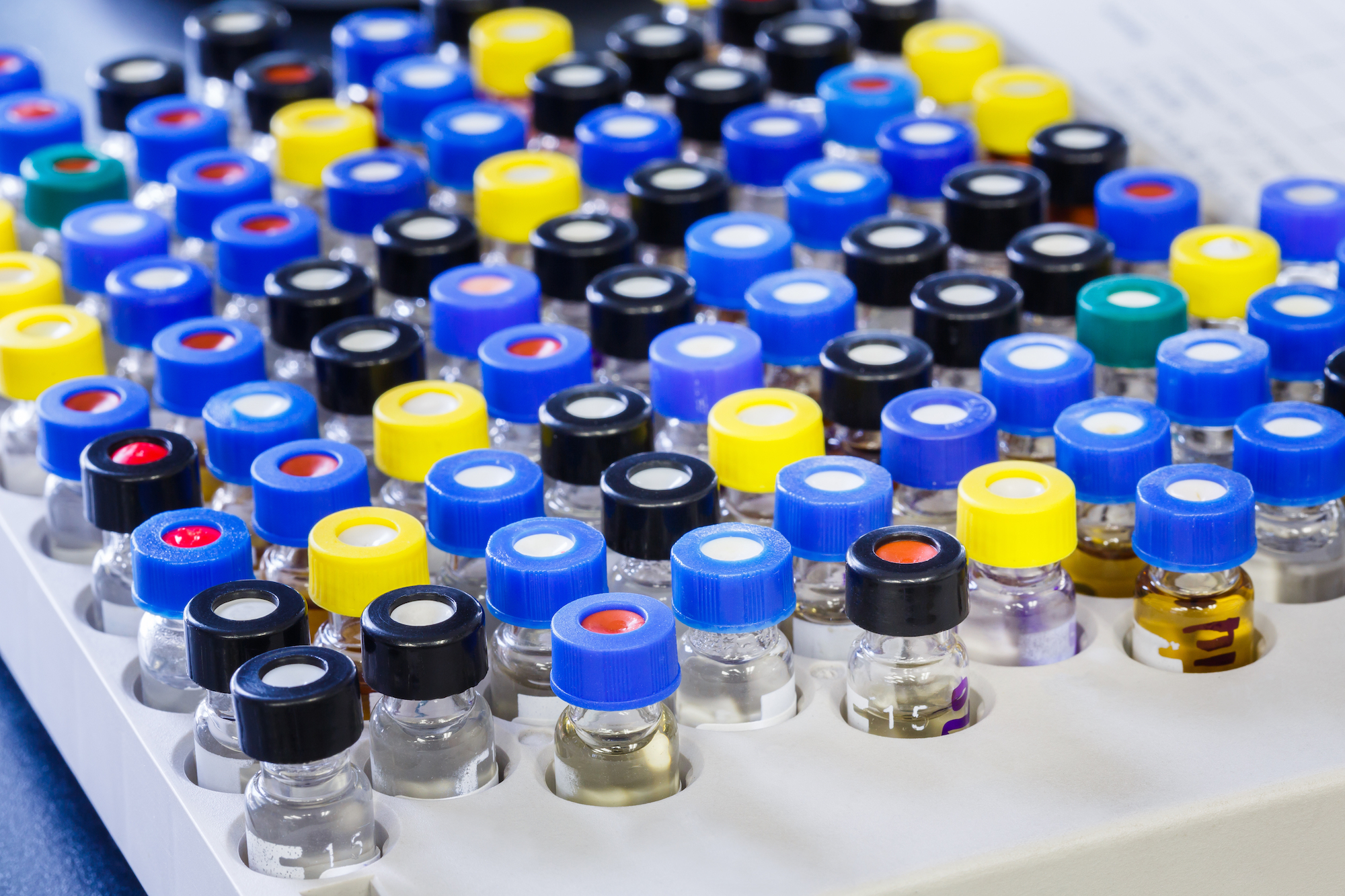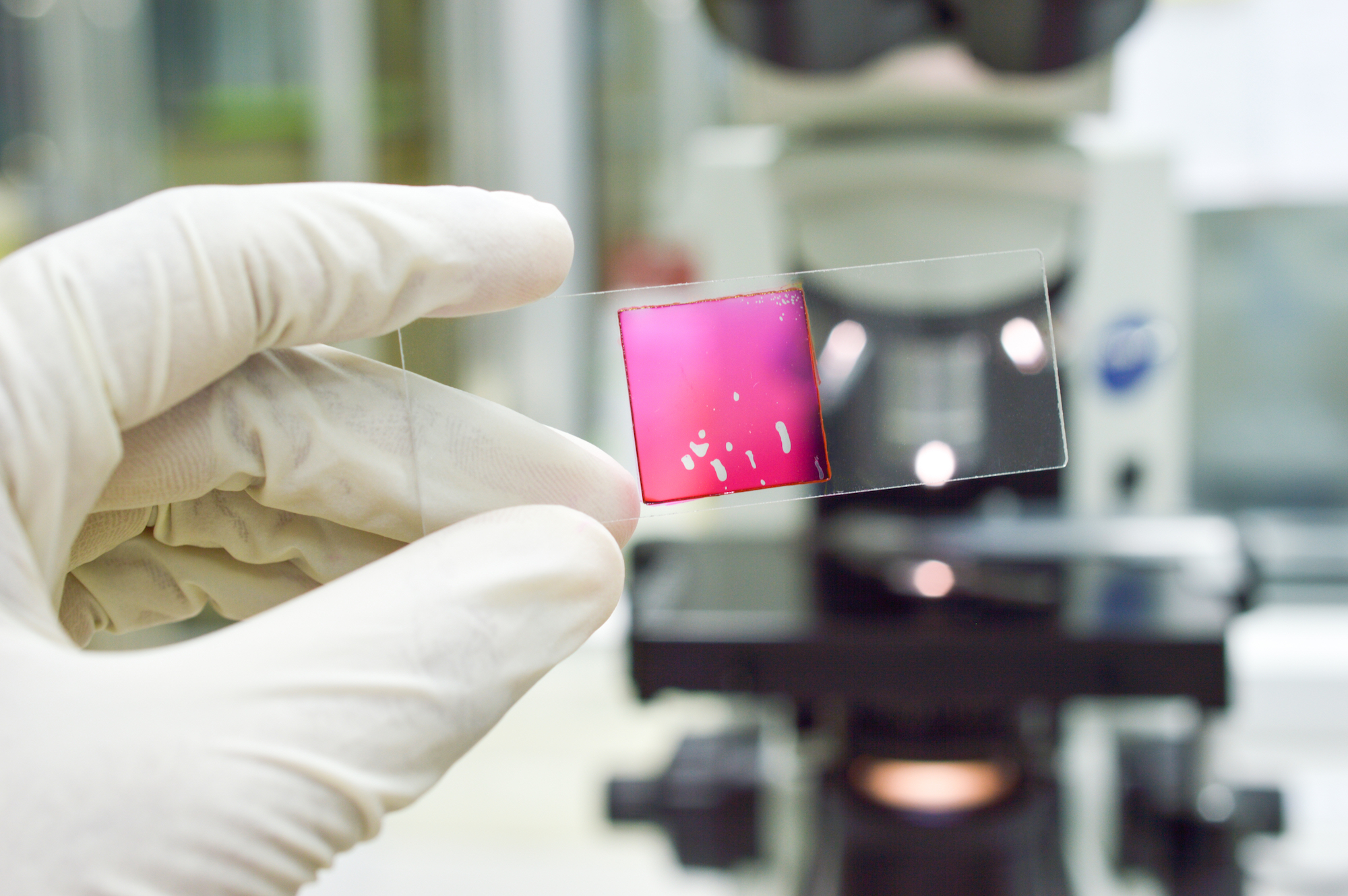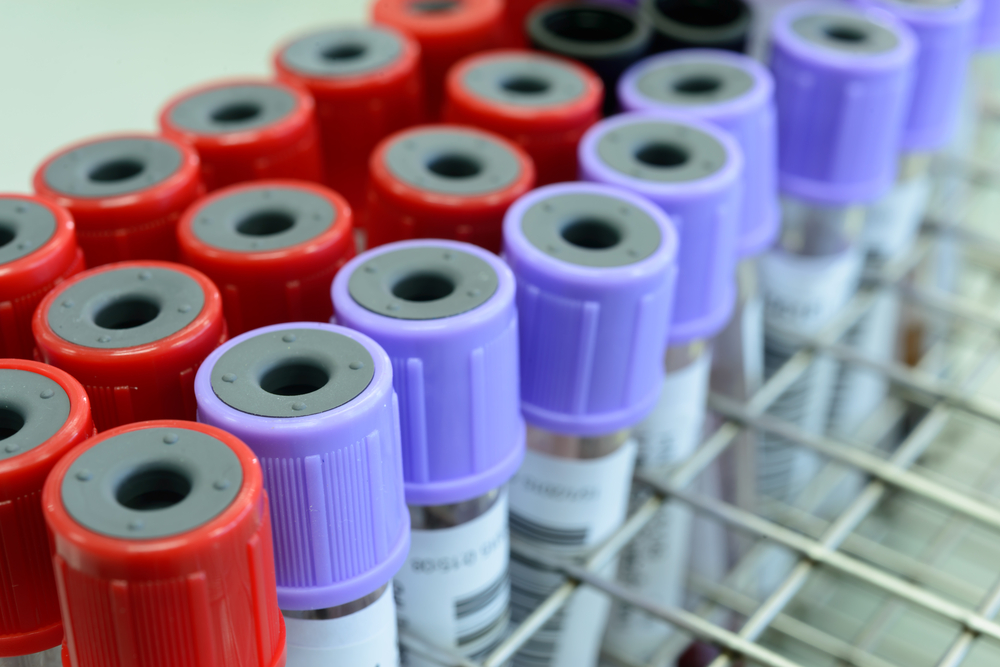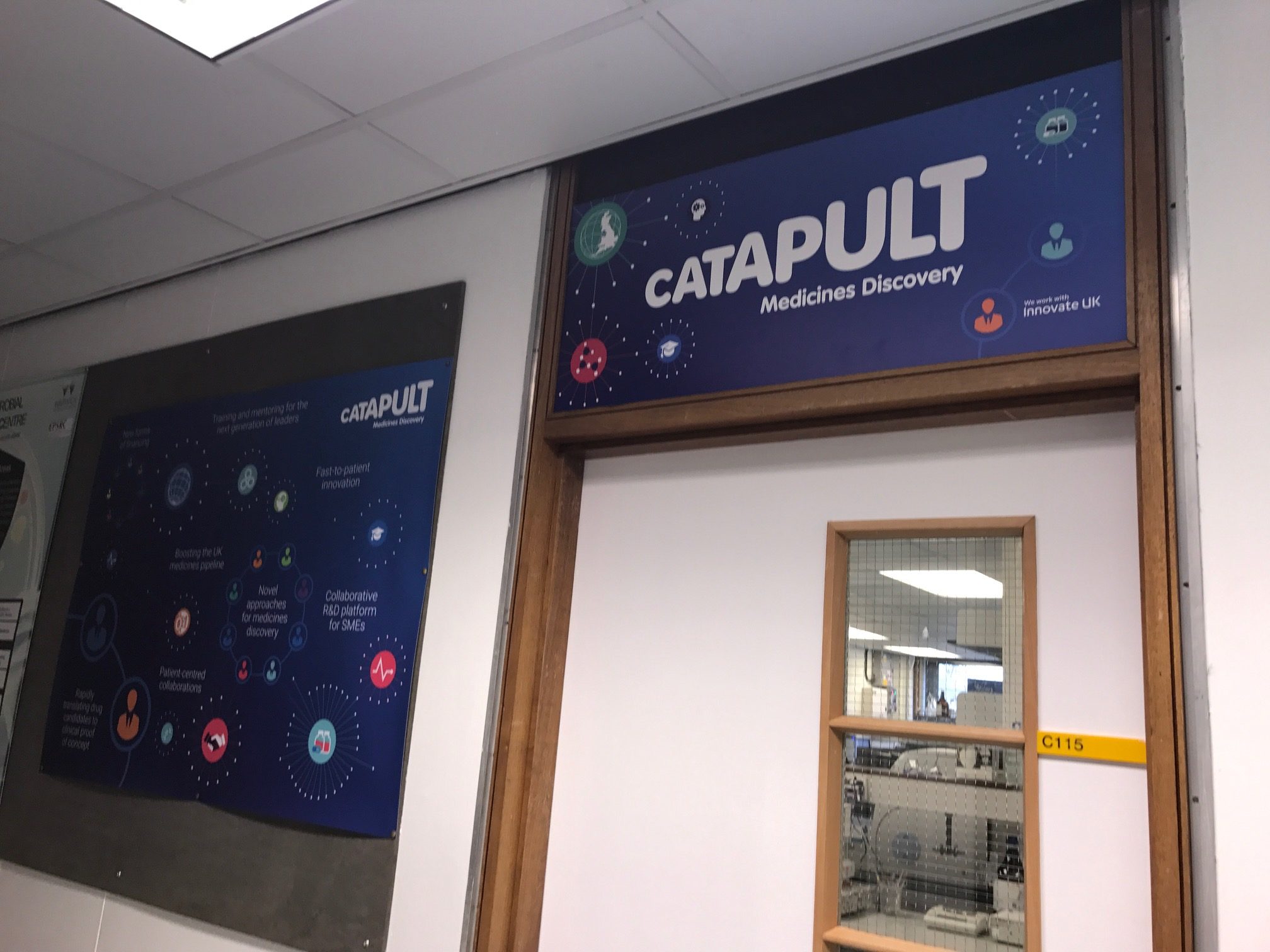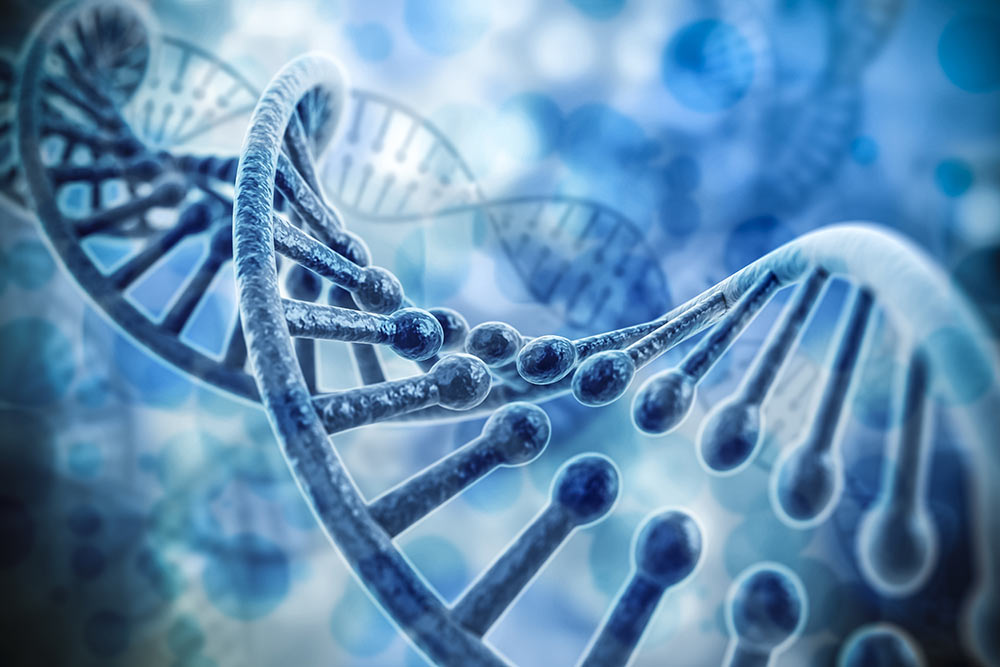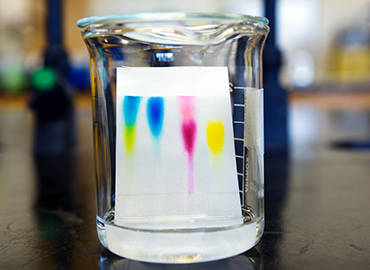SMEs in the life sciences sector are the lifeblood of new innovations. If that’s you, it means that some of your most valuable assets will be your intellectual property and know-how. Most likely, you will have inventions which you are looking to patent, and other key confidential information.
Inventions
It is important to keep your inventions confidential at least until you have filed a patent application. If you don’t, your invention is not novel and then cannot be patented in most jurisdictions. You might be able to take advantage of the 12-month grace period in some jurisdictions, such as the USA, but even that has its dangers. If someone else discloses your invention, then the grace period is of no use to you.
Even if you have filed a patent application, the longer you can keep the invention confidential the better. This gives you the maximum flexibility to make amendments to the application, as it progresses, and you generate additional data for it.
NDAs
So, if you want to disclose an invention or other confidential information, you should get the recipient to enter into a confidentiality or non-disclosure agreement (NDA) with you (they are the same thing). It is dangerous to rely on implied duties of confidentiality, unless they are based on clear duties of confidentiality, such as solicitor-client confidentiality.
It is a good idea to have your own templated NDA ready to use.
If you are dealing with larger organisations, you may have no option but to use an NDA based on their template. So, know what the key things are to look out for, beyond the recipient of your confidential information agreeing to keep it secret:
- Permitted Purpose – What is the recipient allowed to use your information to do? If you don’t include a narrow, permitted purpose, whilst the recipient won’t be able to disclose it, they would be able to use it. That might be all that they need to compete with you.
- Employees etc. – The recipient will probably want rights to disclose to their employees and, sometimes, their affiliates and advisors. The key is to keep this list of people as short as you can. Limit it to employees who need to see the information for the permitted purpose. In large groups, do all affiliates need to see the information? Who are these advisors? Might they be your competitors? Perhaps limit it to professional advisors such as lawyers and accountants.
- Exemptions –NDAs usually have to exempt some information from confidentiality (this is so the agreement does not fall foul of anti-trust rules, by restricting the recipient more than others would be restricted). Put the onus on the recipient to show that they fall with the applicable exemption.
Information which is or becomes public knowledge is usually exempted. You don’t, however, want them to be able to take advantage of their own disclosure. The recipient is also usually allowed to disclose information as required by law. Make sure they are only allowed to disclose it for that purpose and not for other purposes.
- Survival – Some NDAs are perpetual, but some can be terminated. Make sure the confidentiality and use obligations survive termination of the agreement. It is easy not to notice that such a provision is missing in someone else’s template.
- Jurisdiction – The best way to stop disclosure, if you think it is going to happen, is by an injunction. Make sure you have the right to seek injunctive relief in any appropriate jurisdiction, if the overall jurisdiction is an exclusive one.
Non-confidential disclosures
You can’t start every conversation by getting the other person to sign an NDA. You will find that some companies will not sign an agreement until they have some idea about what you what to disclose to them. This is because they are nervous that you might disclose something which they are already working on.
The solution is not to disclose your invention itself, but only the advantages which your invention gives. Imagine disclosing the CRISPR invention. If you had just said you had a tool to precisely create SNPs, insertions, gene deletions and gene knockouts in cells, people would have been interested.
Is it confidential?
If you don’t treat information confidentially, the courts will not view it as being confidential. So, make sure you keep it locked away from prying eyes. If information is accessible in a publicly accessible laboratory, it is not confidential.
If people know information is confidential, most will treat it with respect. Sometimes the most important thing is to be clear that you think the information confidential.
Don’t treat getting an NDA signed as an irritant, but as something of importance to you.
About the author

This article is from a series contributed by the UK drug discovery community. For more information read our disclaimer.
While every effort has been made to ensure the accuracy of the information provided by the Medicines Discovery Catapult and HGF Group, it does not constitute legal advice and cannot be relied upon as such. The Medicines Discovery Catapult and HGF Group do not accept any responsibility for liabilities arising as a result of reliance upon the information given.

